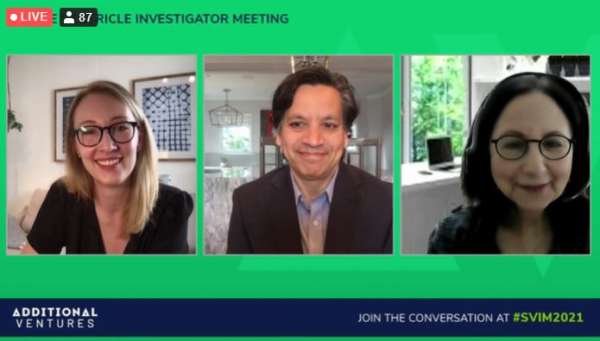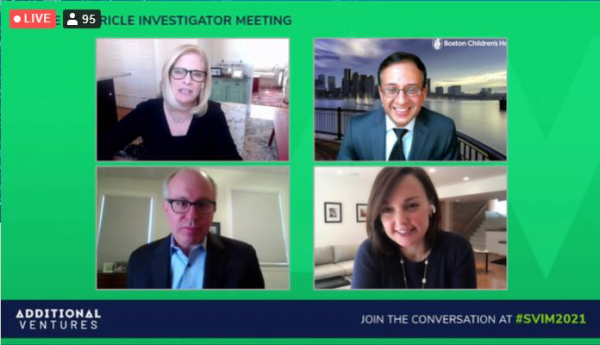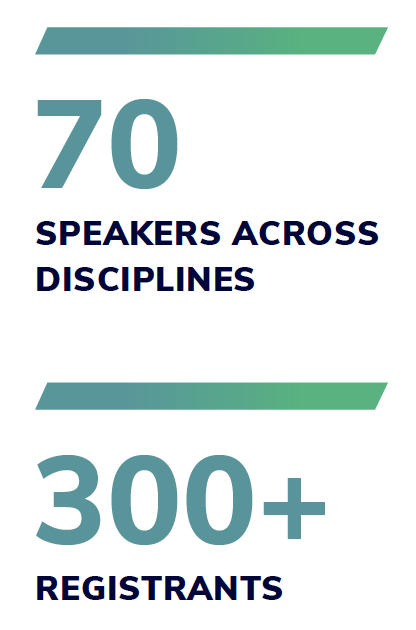
Biomedical Research / Scientific Community
Single Ventricle Investigator Meeting
October 17-19, 2024 | Denver
The Single Ventricle Investigator Meeting (SVIM) connects the fields of basic science, engineering, computation, and medicine all in one place – creating a true center of gravity for discovery in single ventricle heart disease research.
This biennial conference is designed for scientists and clinicians with interests in cardiovascular research, cardiovascular medicine, clinical cardiology, biomedical engineering, biomechanics, computational science, developmental biology, genetics, functional genomics, metabolomics, and proteomics.
Conference topic areas include: understanding origins of single ventricle, defining biological mechanisms of outcomes, establishing predictive and preventative care, and introducing functional cures.
SVIM 2024
October 17-19, 2024 | Denver, CO
Westin Denver Downtown, 1672 Lawrence St, Denver, CO 80202
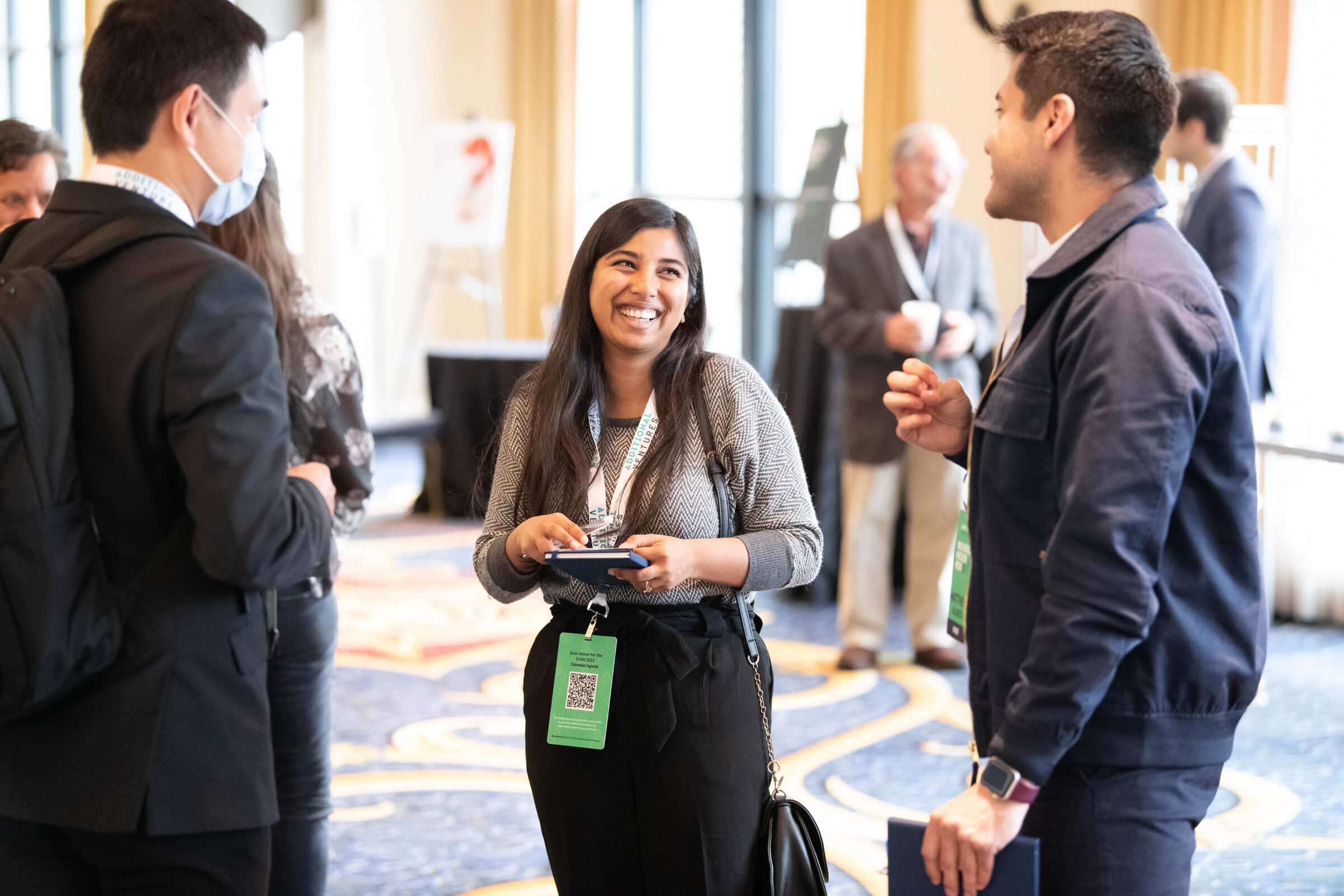
SVIM 2024 brings together several key focus areas that will improve our foundational knowledge of single ventricle origins and outcomes, and accelerate pathways to establish predictive, preventative care and functional cures. This meeting will provide a platform for diverse investigators to share their research, identify resources, mechanisms, and pipelines needed to overcome barriers to progress, and foster new avenues of thinking and discovery.
Investigators across fields, disciplines, and career stages are invited to join us October 17-19, 2024 at the Westin Denver Downtown to participate in what promises to be the event of the year in single ventricle heart disease research!
Previous Meetings
SVIM 2022 | October 6-9, 2022 | Baltimore, MD
Over 170 investigators across disciplines joined us for the first in person SVIM and contributed to an awe-inspiring, dynamic, and engaging scientific conference. Our multidisciplinary audience was unified under a shared common goal of advancing our understanding and treatment of single ventricle heart disease, and a remarkable 75% of attendees presented their research at SVIM. We incorporated several formats for presentation and conversation at SVIM including plenary sessions with research presentations, breakout sessions, poster sessions, panels, debates, each serving as a catalyst for collaboration and learning.
SVIM 2022 highlighted the following topic areas:
- Understanding Single Ventricle Etiology (e.g., genetics, model organisms, non-genetic & modifiable risk, normal cardiac development)
- Addressing Complications & Comorbidities (e.g., end organ mapping & biomarkers, personalized medicine, alternative interventions, learning networks)
- Defining Biological Mechanisms of Outcomes (e.g., genetic & non-genetic basis, substrate-outcome relationship, predictive models, early detection, early biomarkers)
- Developing Functional Cures (e.g., enabling technologies, bionic approaches, regenerative approaches, standardization and scalability)
- Optimizing Transplant Outcomes (e.g., identifying risk factors, eliminating rejection, increasing longevity)
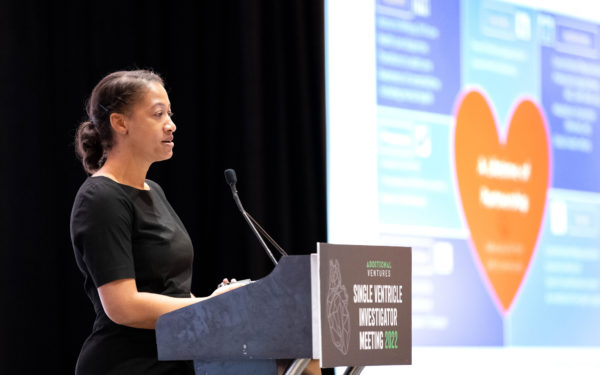
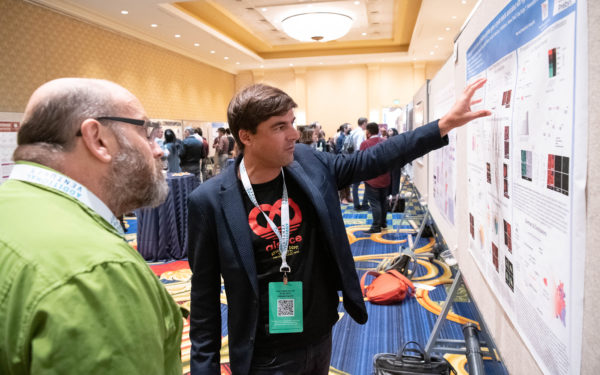
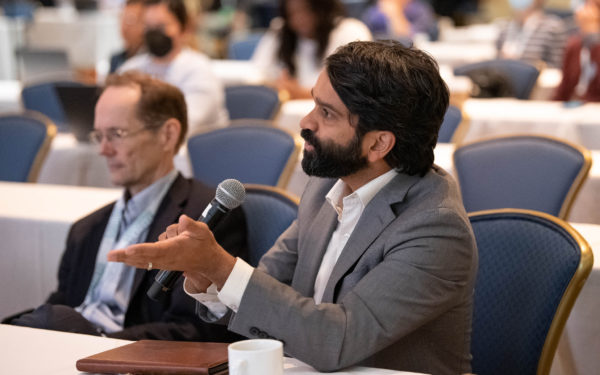
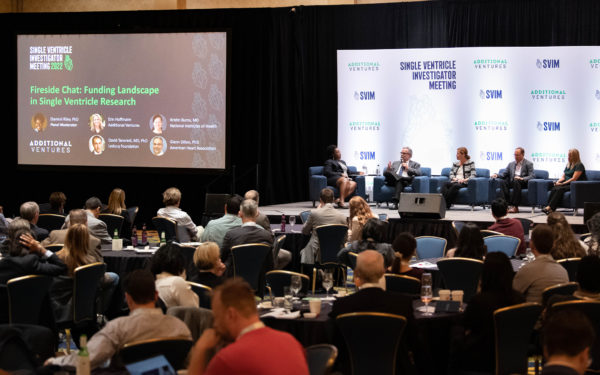
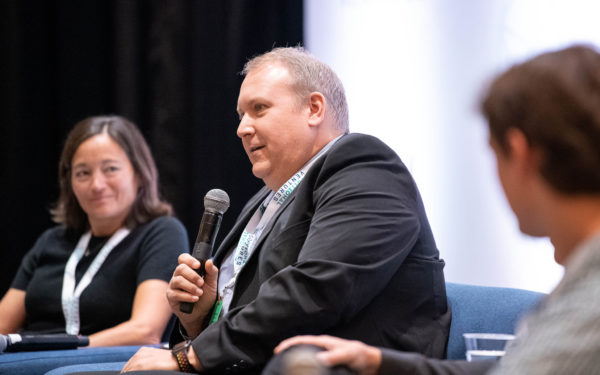
SVIM 2021 | March 9-10, 2021 | Virtual Meeting
At the first annual SVIM conference, we welcomed over 70 speakers across disciplines and utilized multiple formats for presentation and conversation. We were thrilled to have over 300 registrants committed to creating an interactive, dynamic scientific event centrally focused on advancing single ventricle research.
At SVIM 2021, attendees:
- Listened to renowned experts on the current state of science, clinical care, and patient care journeys for single ventricle heart disease.
- Discussed key topics through expert panel and audience participation in data sharing, registry building, and data democratization.
- Heard from a range of experts across four focus areas: Etiology Mechanisms and Models; Predicting, Preventing, and Addressing Clinical Sequelae; Biology of Outcomes; and the Development of Functional Cures in single ventricle.
- Showcased new talent and experienced investigators together during our Lightning Rounds—rapid fire talks highlighting the latest findings in basic science, clinical research, and engineering within single ventricle heart disease.
